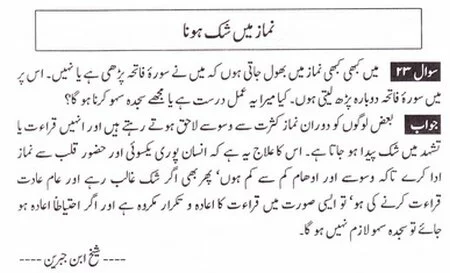Time is a precious to all the races of man all over the world. The most successful individuals and nations of the world are on record for their proper utilization of the time they had. There is therefore need to have an incisive analysis of the ingredients of time management. These keynotes are the main tools that enhance proper time management. The tools are equally affirmed in the holy Quraan in some the verses. As a matter of fact time management encompasses typical functions of planning, organizing, directing, control of activities and making decisions.
Planning of time determines where the organization is now and where it will be in the future. It calls for participation, sense of direction and purpose, coordination and control. This is a very important key note of proper time management especially for firms. Planning has several benefits such as provision of direction, reducing the impact of change in an individual’s of institutions status; minimizing wastes and redundancy especially in firms and it also helps set the standards of control for different unexpected events. This is also brought out in the Quraan from verses 43-49.
Defining objective is equally brought in the Quraan; verse 22. This involves defining the mission that is the purpose of the task to be carried out. Proper time management begins with clearly defining the mission. For organizations there would be need to have a mission statement which is the broad, yet clear and concise summary of what the organization wants to do. This helps direct the organization since it directs major functions and operations.
Establishing priorities is equally a vital component of proper time management. Upon definition of the goals that one needs to accomplish there is need to conduct in order of their importance and urgency. This helps in saving time.
Investment all the valuable resources at ones disposal is also key for proper time management. These are utilities that can accelerate the achievement the tasks that one needs to do. This is brought in the verses 15, 32, 33 and 34 of the Quraan. One needs to mobilize all the resources that can enable him accomplish the intended tasks timely.
There is also need to take legitimate measures to ensure proper time management. The objectives cannot be met without inputs of efforts and measures to investing all the valuable resources into achieving the intended tasks. This is highlighted in verse 60 of the holy Quraan.
Organizing of all the work is very key for proper time management. It is usually considered as the basic management function of time. All activities to be done should be identified and grouped into tasks and sub-tasks. Each task should them be assigned an individual and a specific deadline for its completion.
Directives have also be given for proper and timely completion of tasks. This is done by those in management positions. They also have exercise authority and control the activities being undertaken. This enhances the proper time management. The decisions made are equally critical for good time management. They should be in line with the defined objectives.
These components of time management are affirmed in the holy Quaran and are therefore directives from the most high God. They are meant to guide in proper utilization of the little time we have.


